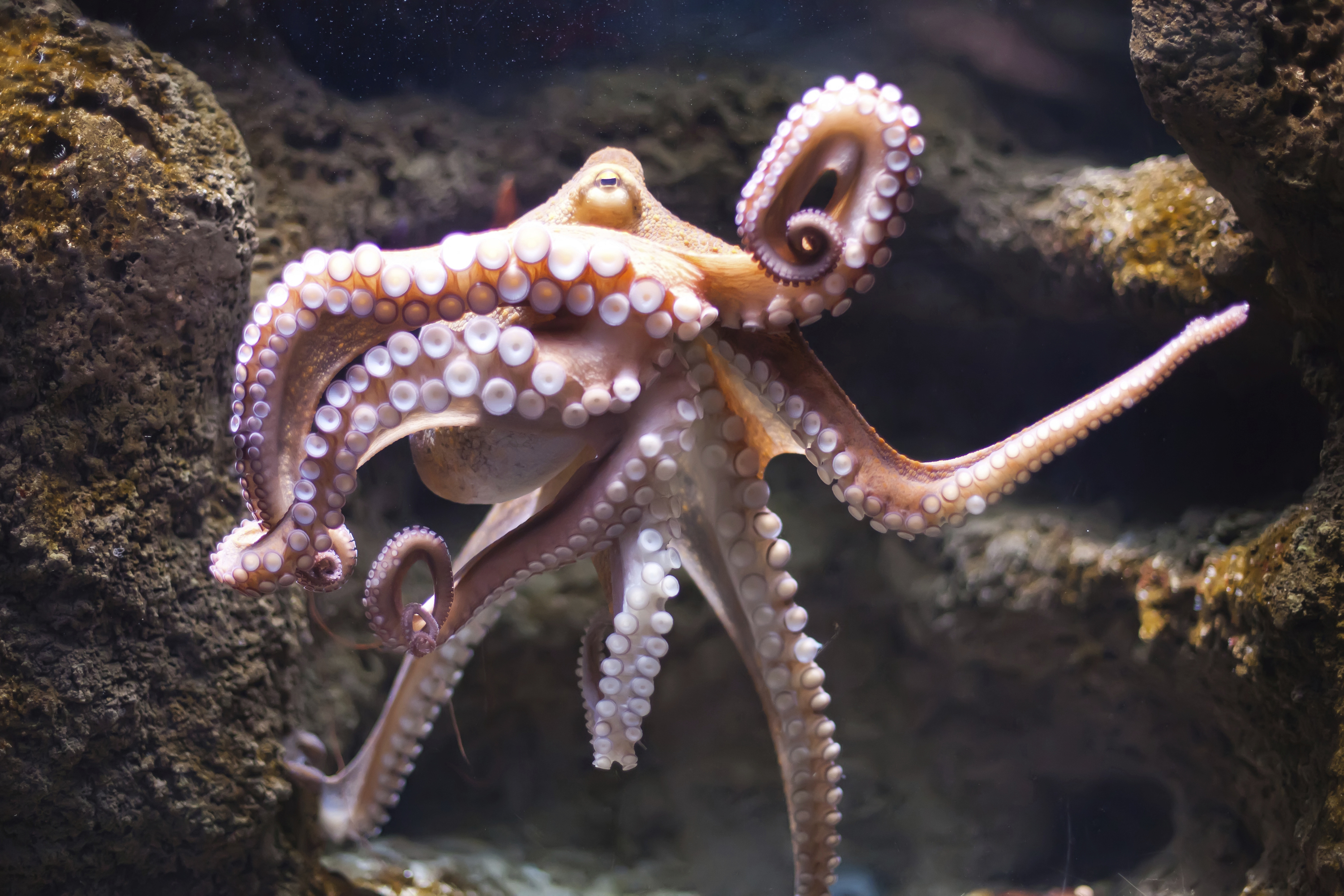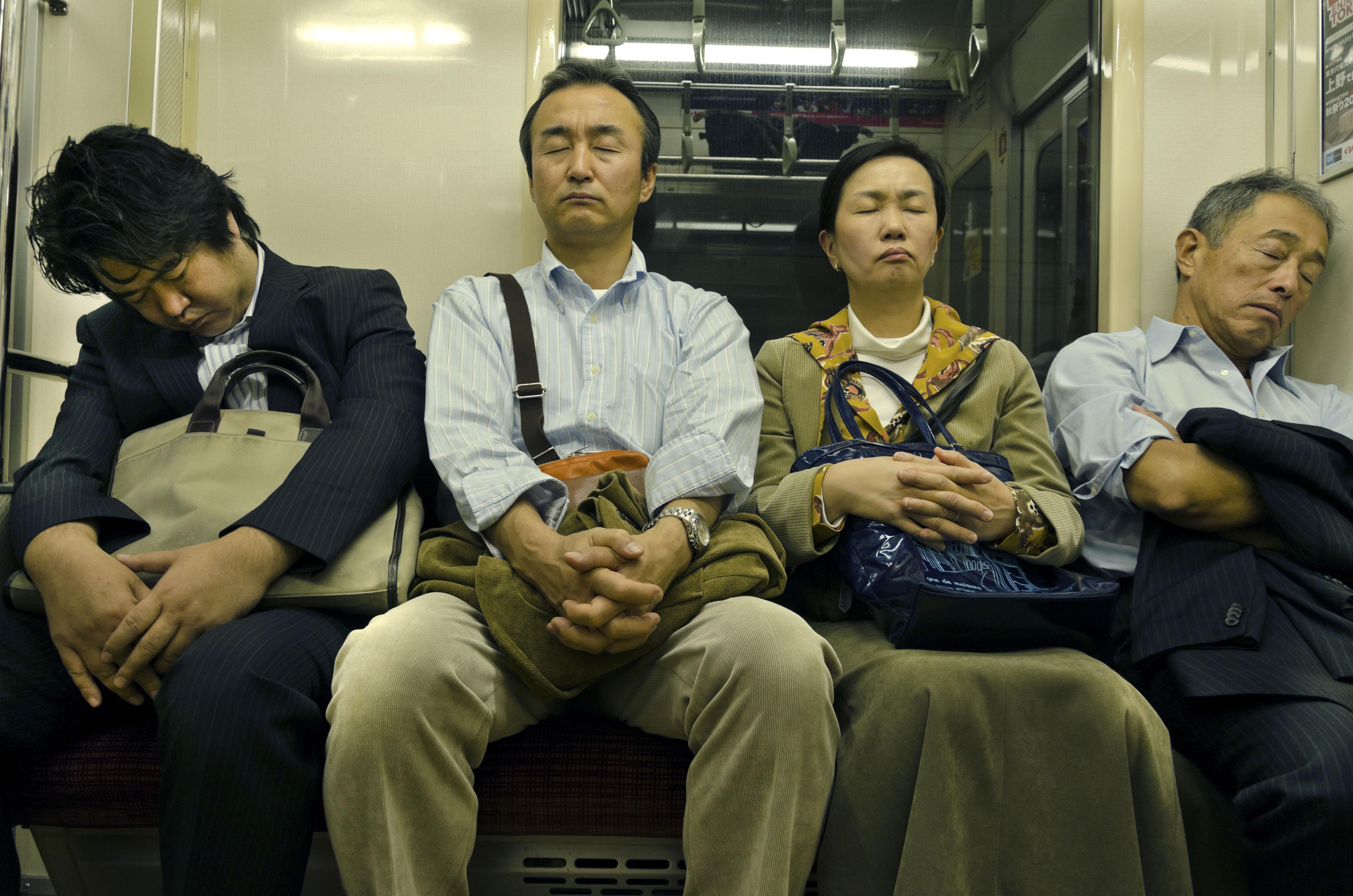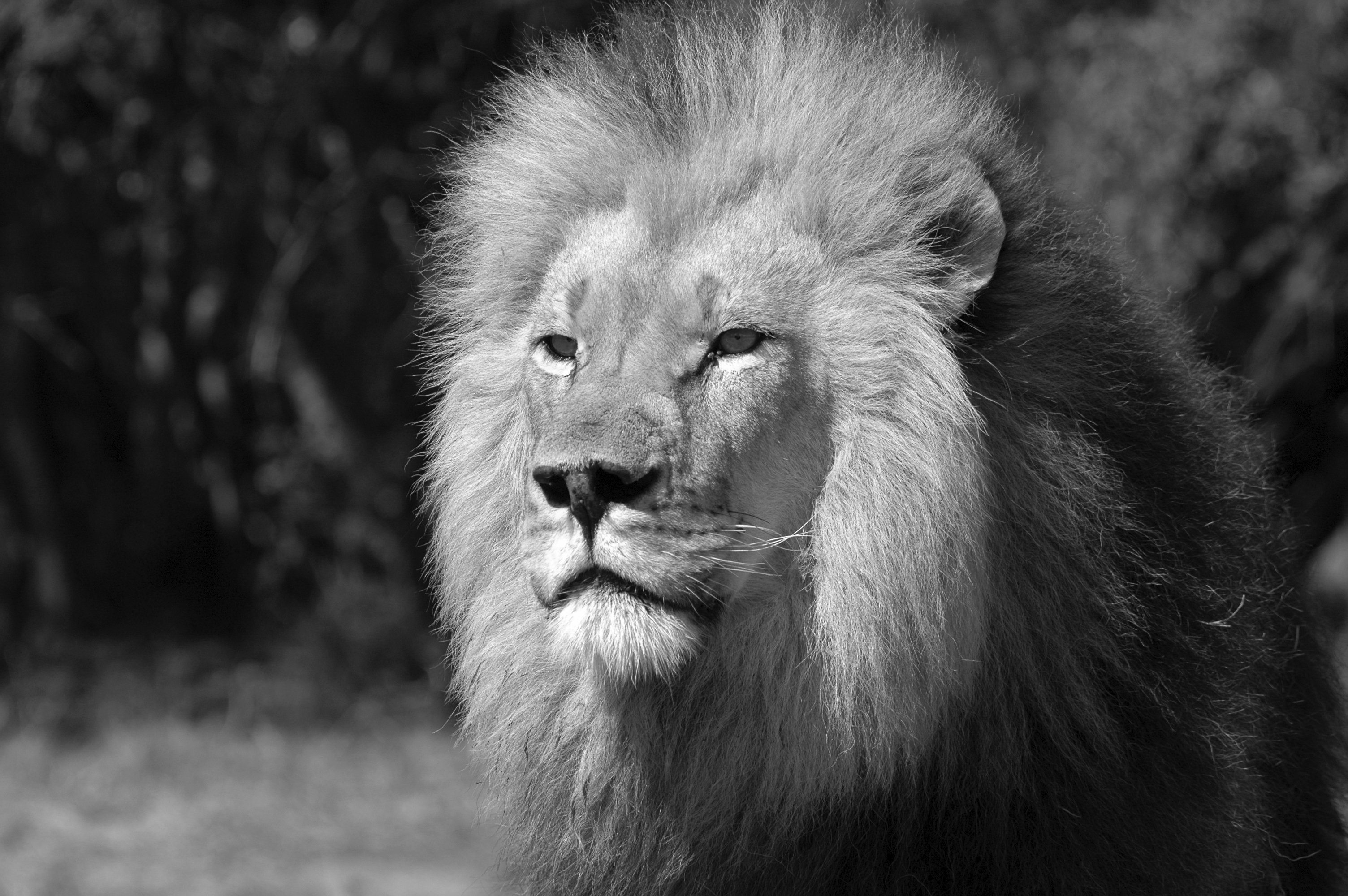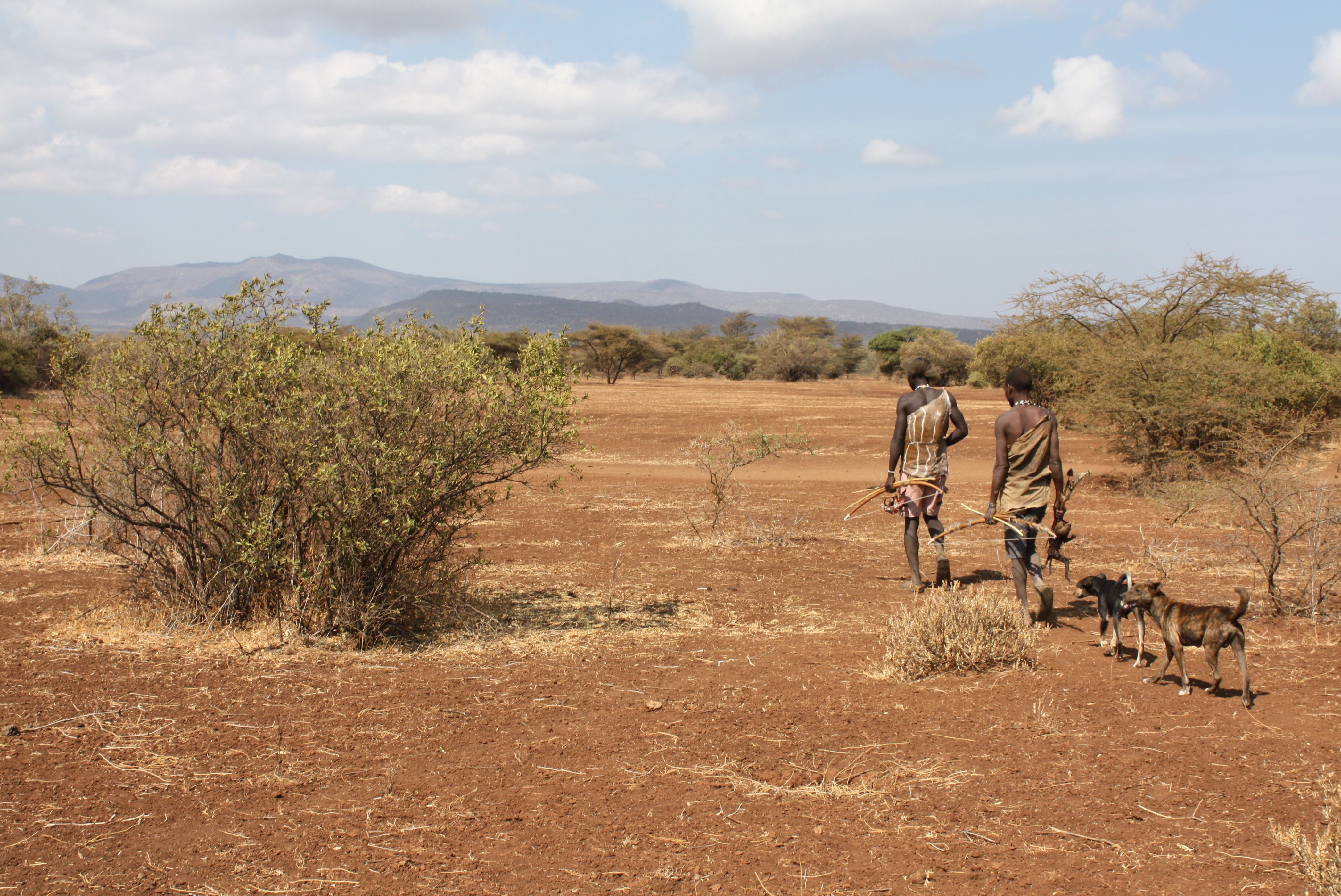
Rowan Hooper
Rowan Hooper has a Ph.D. in evolutionary biology from Sheffield University, UK, and he worked as an insect biologist in Tsukuba, Ibaraki Prefecture, for five years before spending a two-year period at The Japan Times in Tokyo. He is now news editor for New Scientist magazine, based in London.
Oct 17, 2015
Sep 19, 2015
Jul 18, 2015
Jun 20, 2015
Apr 18, 2015
Mar 14, 2015
Dec 20, 2014
Nov 15, 2014
Aug 16, 2014
Jul 19, 2014
Jun 14, 2014
































